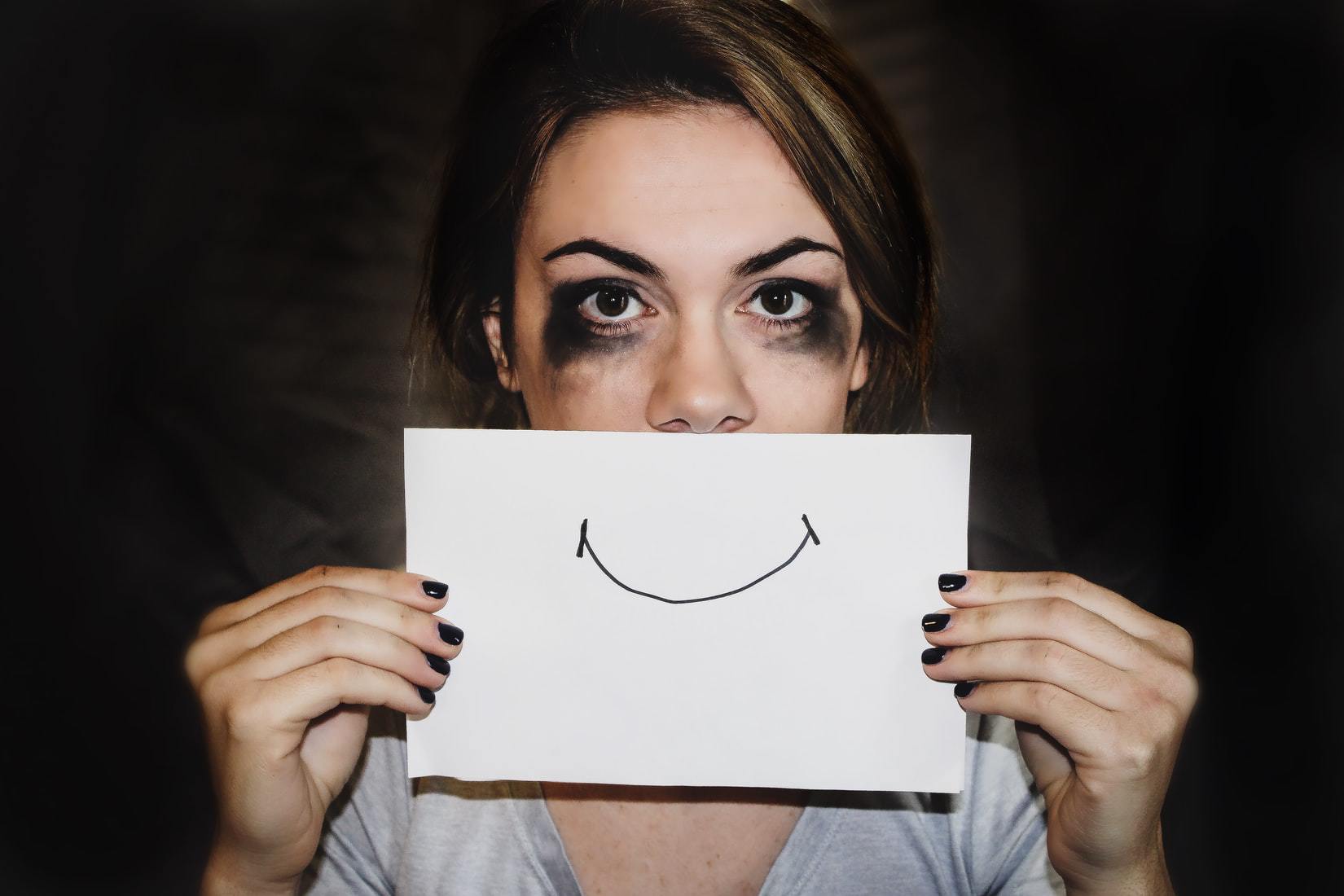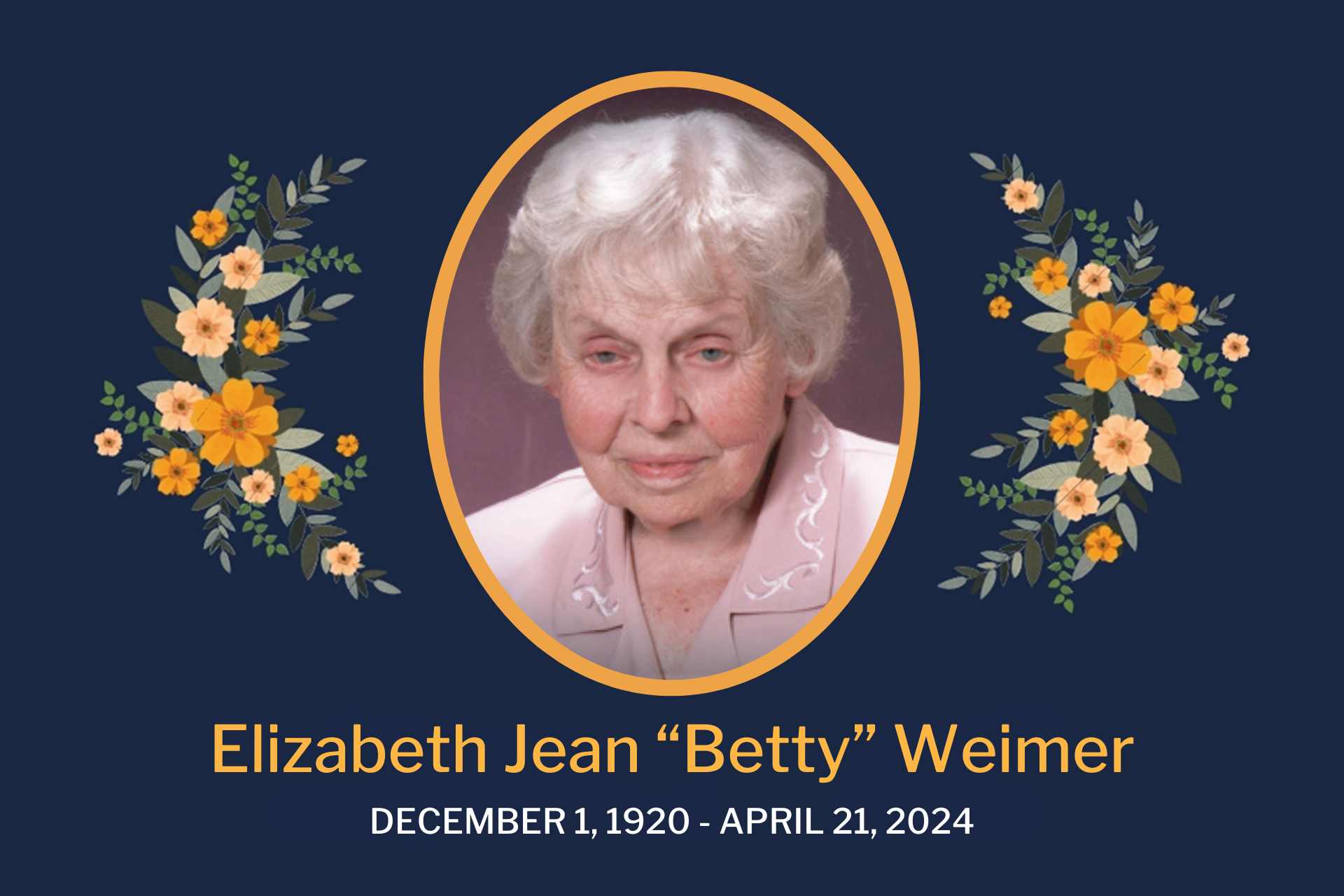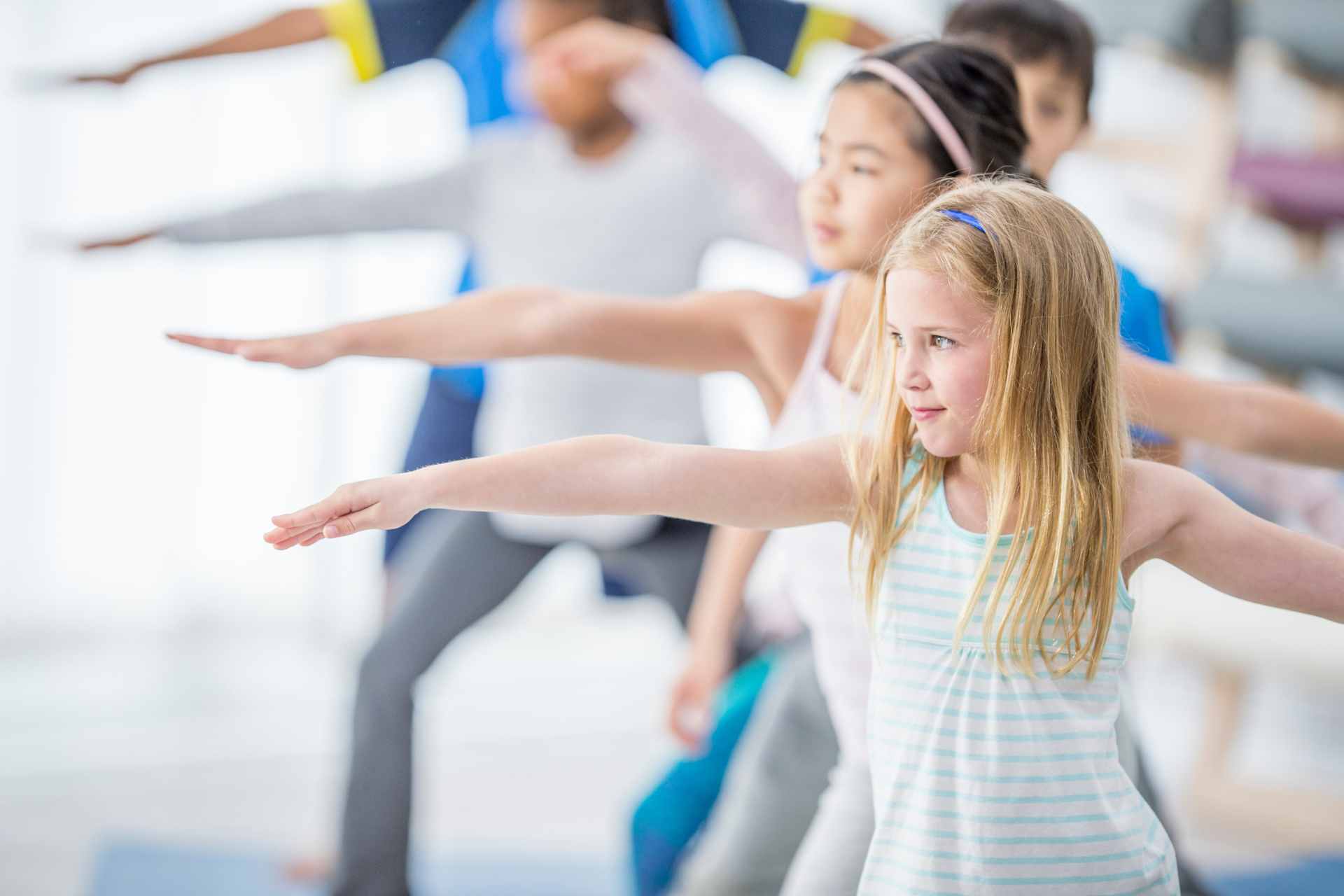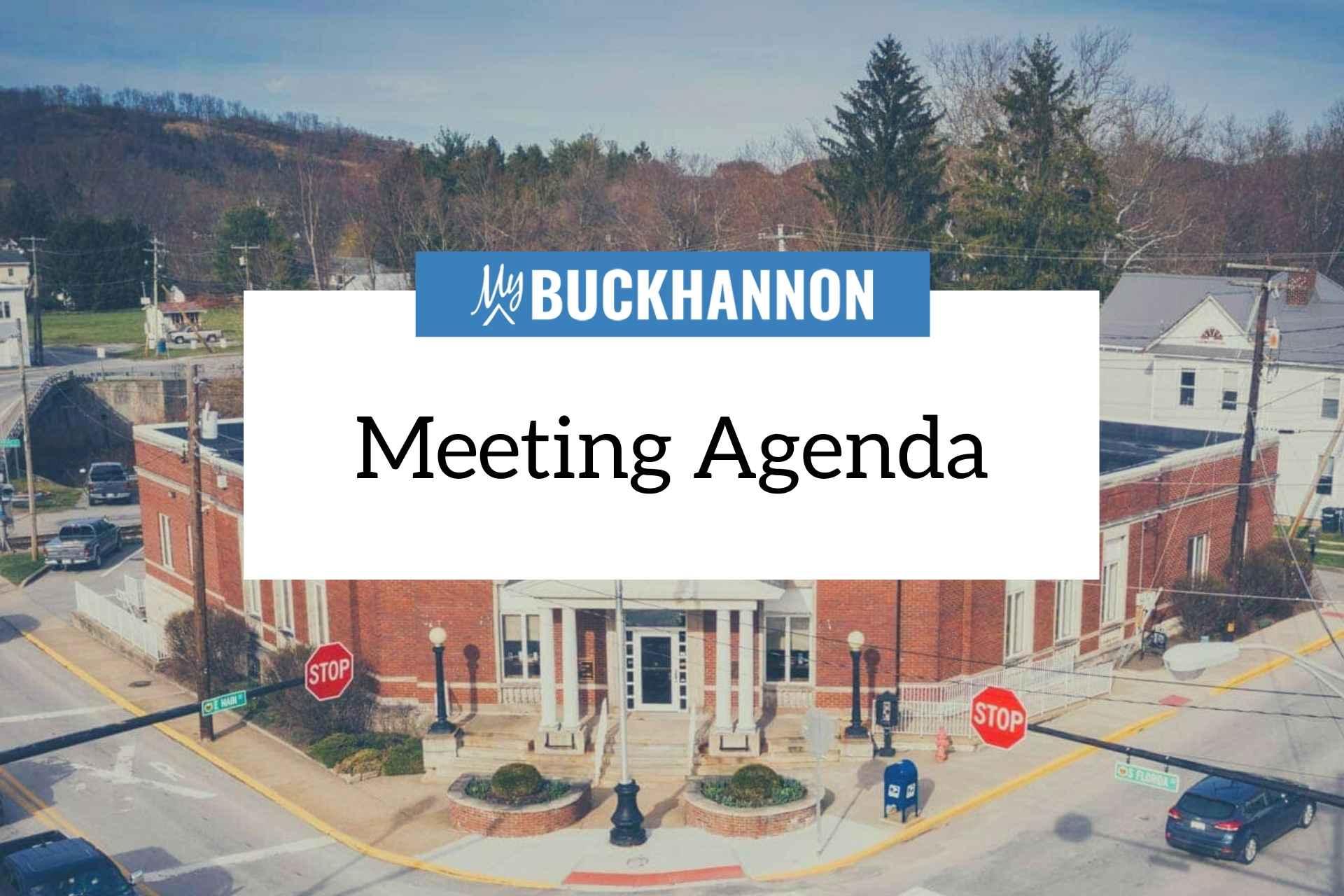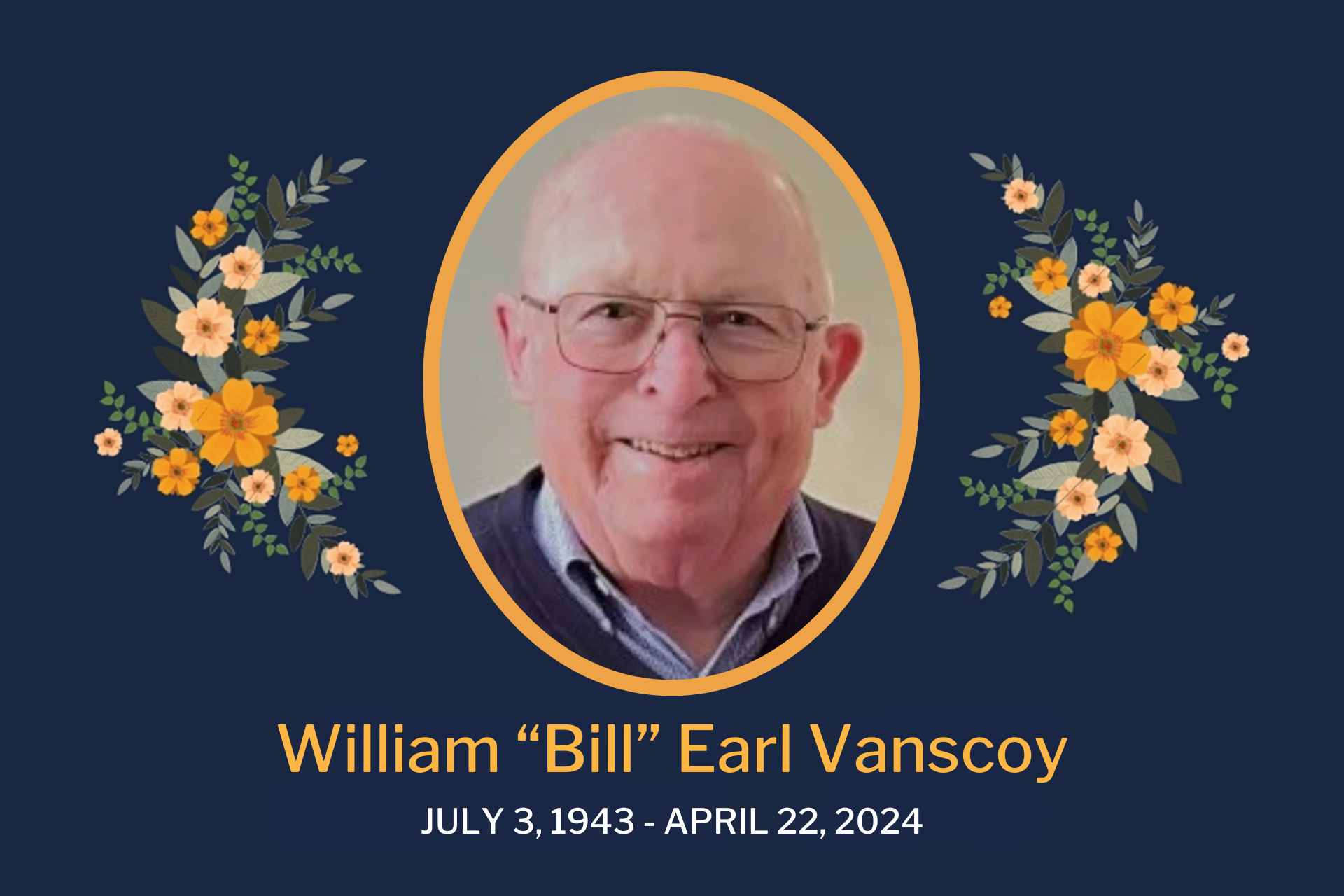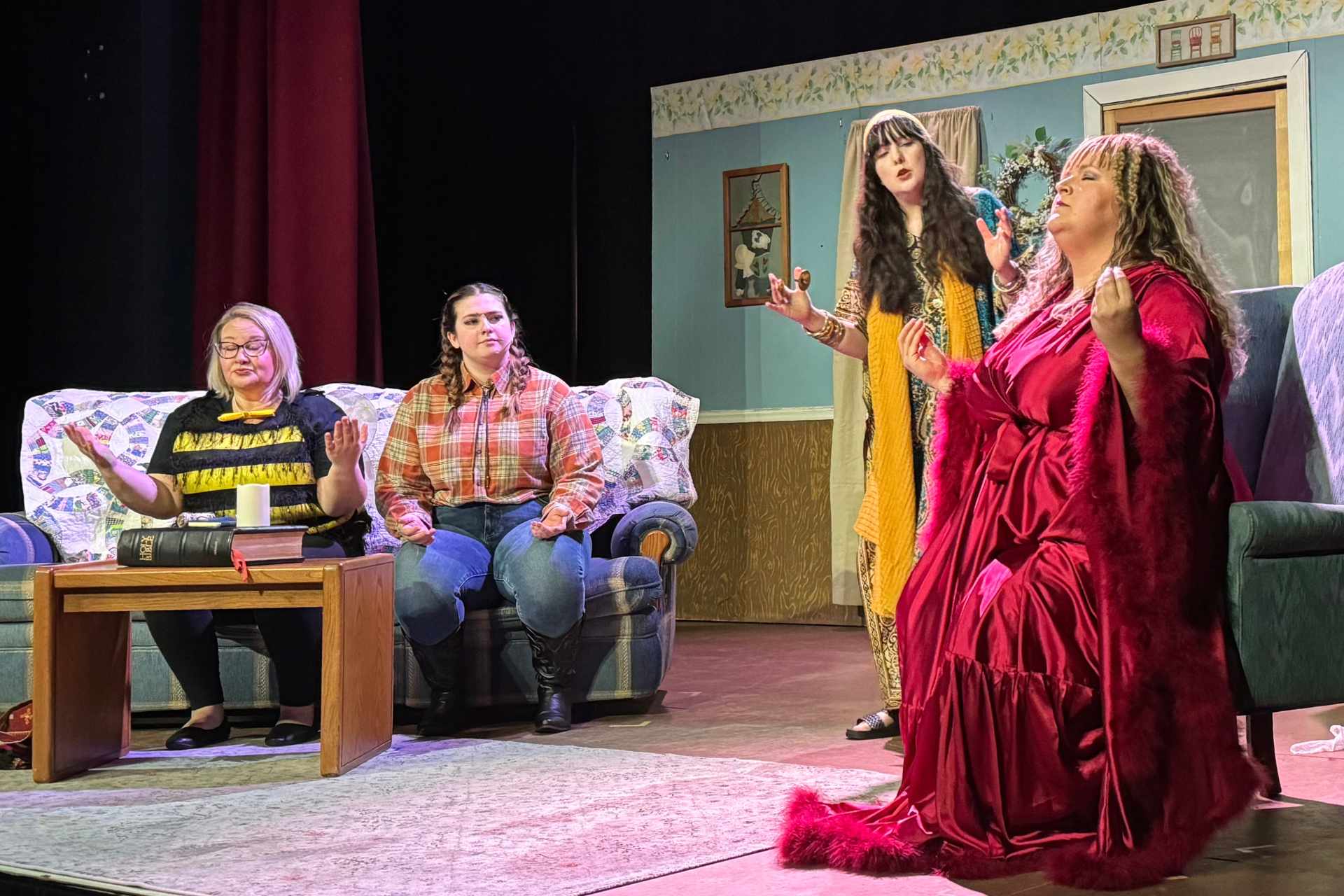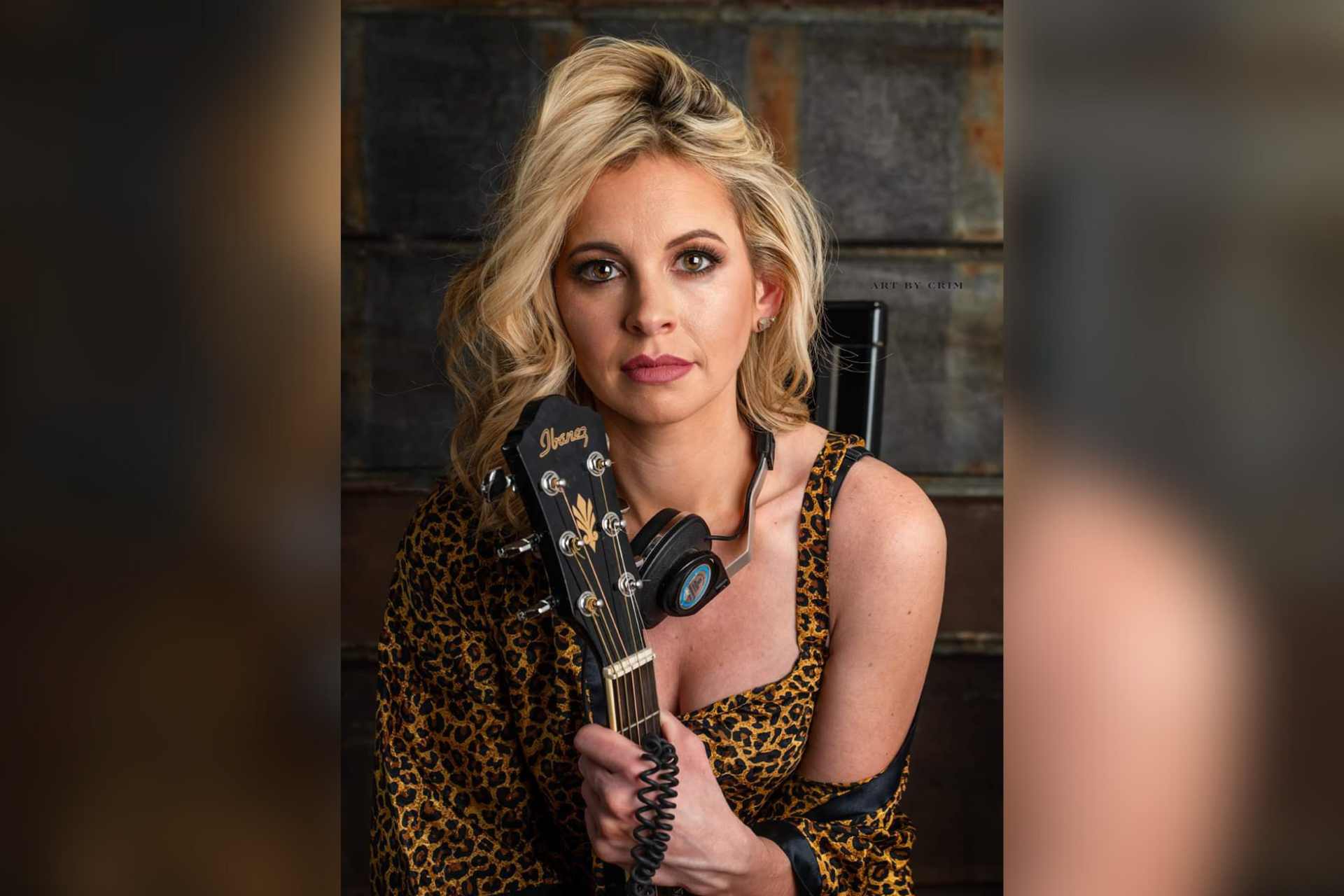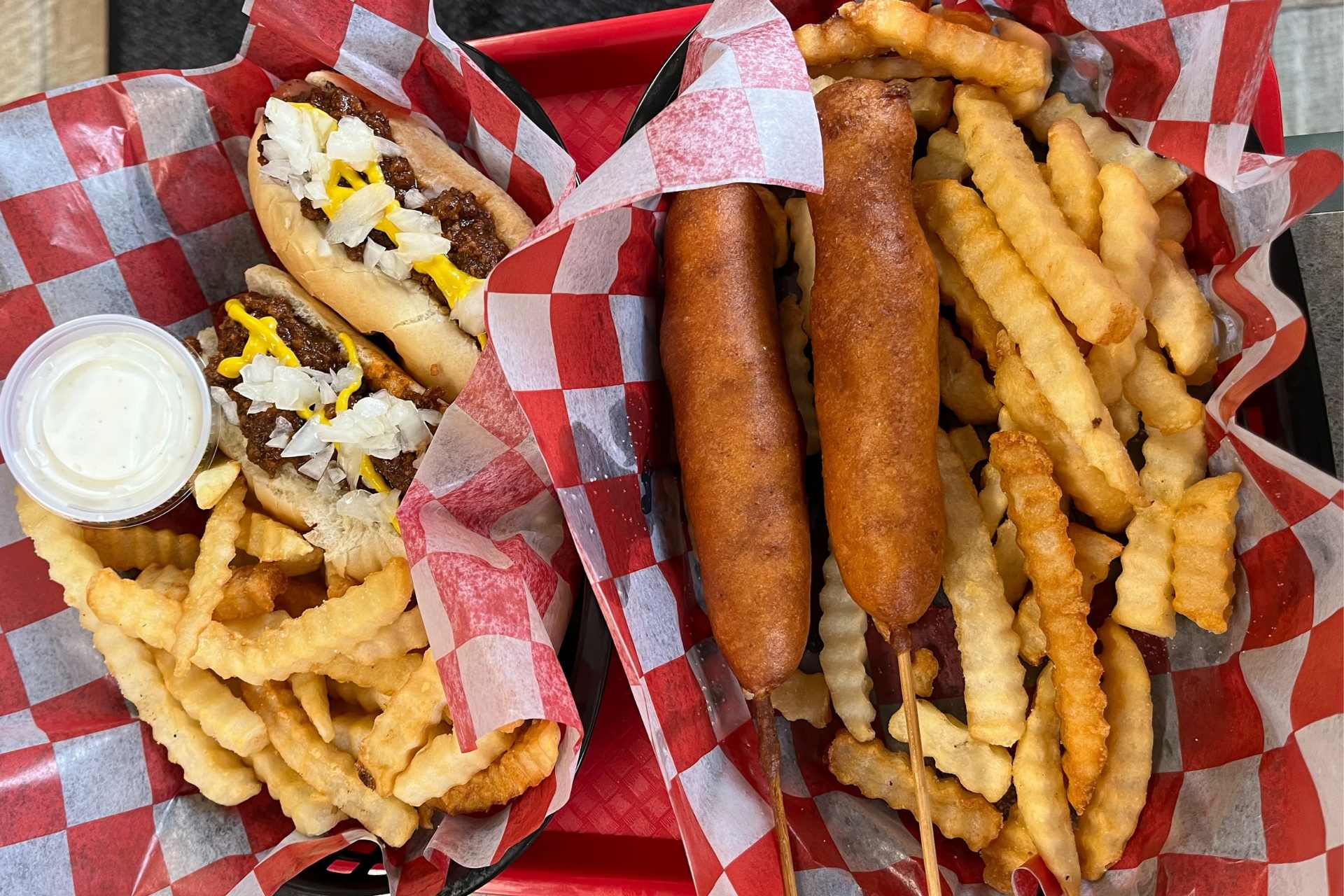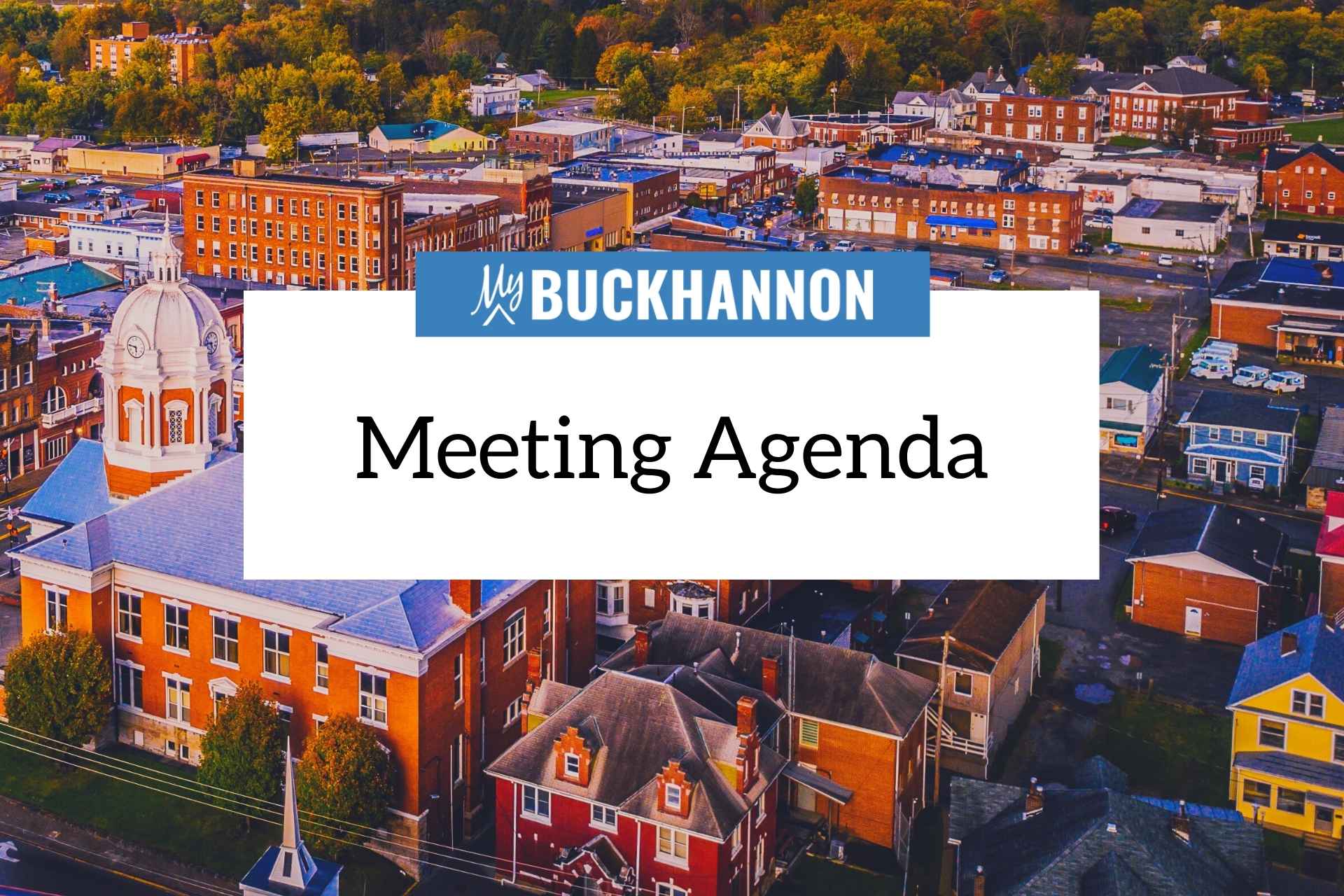BUCKHANNON – While thousands of individuals and families are challenged with burdens connected to the COVID-19 pandemic, many are also wrestling with the effects of mental health disorders and stress that may exacerbate them.
According to Andi Cartier, director of the Upshur County Depression-Bipolar Support Alliance, fear, worry, anxiety, irritability, anger, depression, despair and addictive behaviors (such as excessive alcohol consumption and drug use) are common reactions during this unprecedented time. In fact, chronic health problems and mental health struggles can worsen due to changes in routine, including sleeping and eating patterns.
In addition, stress from having to stay inside – such as the increased chance of potential domestic abuse and violence – can also contribute to a heightened risk of mental illness, Cartier said.
Cartier said she wants to let folks who are struggling with their mental health know they’re not alone, especially now.
“Community education and outreach is a big part of my heart, i.e., taking advantage of opportunities to inform and empower our community to eradicate stigma and other barriers for those struggling with mental health challenges, addictions, etc.,” she said. “‘Peers supporting peers’ is another big part – letting folks know that they are not alone.”
With DBSA being a ‘peer-run’ nonprofit, participants strive to encourage and help those with mood disorders such as depression, bipolar disorder, anxiety, etc., to lead the best life possible. For years, the group has maintained a reputation of offering peer support and resource tools for those struggling with various mental disorders.
Since the stay-at-home order was put into place in March (it has since been relaxed slightly into a safer-at-home order), Cartier said several folks have reached out to DBSA for resource and peer support meeting information.
Typically, anyone seeking support from DBSA would meet face-to-face with a trained peer mentor; however, to stay compliant with social distancing and the stay-at-home order, DBSA has been hosting weekly peer support meetings via Zoom. Each Monday at 6:30 p.m., the peer meeting facilitator sends the Zoom meeting ‘invite’ to the private messenger group, indicating the start of the meeting. Those receiving this invite just click on or touch the link to access the meeting.
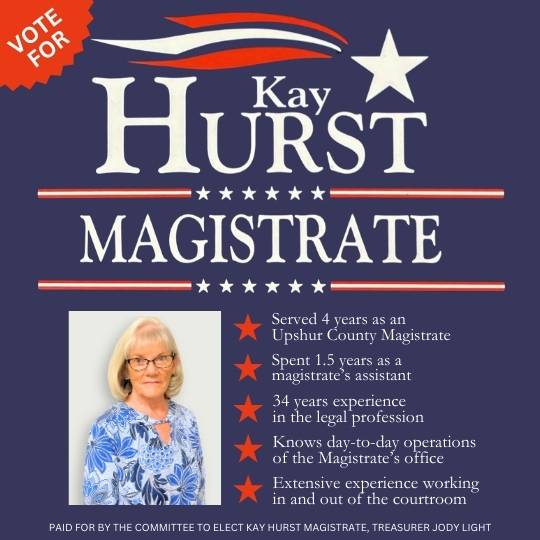
To get involved with these weekly meetings, email Andi Cartier at cartierandi@gmail.com or private message Andi Cartier through the DBSA Upshur County Facebook page.
Though the Zoom meetings may not be as personable as in-person sessions, Cartier encourages anyone struggling to reach out to DBSA to take advantage of the weekly Zoom meetings.
“You are not alone,” she said. “DBSA Peer Support Meetings are free and run by trained peer facilitators. These are not ‘therapy’ groups – just peers supporting peers in finding their way through and beyond mental health challenges.”
The trained peer facilitating the meeting reviews group guidelines (including confidentiality) and then leads participants through the three key phases of the meeting: brief individual sharing, focused topical discussion and participants’ plans for empowering themselves during the next week, Cartier explained.
Participants are not required to share – it is okay to just listen.
Aside from participating in the Zoom meetings, Cartier advises to not get distracted with the constant “breaking news” buzz surrounding COVID-19.
“Separate COVID-19 related ‘facts’ from ‘rumors’ by sticking to official sites such as the CDC and local Health Department, County and City webpage,” she said.
Cartier also suggests learning more about mental health challenges and resources by checking out organizations’ websites, such as the Substance Abuse and Mental Health Services Administration (SAMHSA), Help4WV, Depression Bipolar Support Alliance (DBSA), National Institute for Health (NIH) and National Institute for Mental Health (NIMH).
For those dealing with addiction and mental health challenges, Celebrate Recovery, a Christ-centered 12-step program, hosts its large Tuesday group meetings live on Facebook each Tuesday at 6:30 p.m. The program’s small groups for men and women then meet via Zoom (‘chemical dependency’ groups and general ‘hurts/habits/hang-ups’ groups). Folks can contact Celebrate Recovery through the FB page for further information and to connect with a small group meeting facilitator.
Traditional 12-Step groups also are doing free Zoom meetings (e.g., Alcoholics Anonymous, Narcotics Anonymous). Visit their WV websites for further information or contact Help4WV.
Other tips Cartier suggests include:
- Take care of yourself, your family and your friends, as it can help you cope with stress. Helping others cope with their stress can also make your family and community stronger.
- Support your loved ones by connecting with them – e.g., via telephone, email, mailing a letter or card, text messages, video chat, social media.
- Take breaks from watching, reading or listening to news stories – including social media.
- Take care of your body, including establishing and maintaining healthy daily patterns for sleep, food and exercise and avoiding alcohol and drug use.
- Call your healthcare provider if stress gets in the way of your daily activities for several days in a row.
- Reach out to someone for support, either directly to a friend or family member or your primary care doctor or through a hotline, a web-based chatroom, a virtual meeting or Zoom group resource, etc.
- Create a self-care plan designed by you, for you. Start with one action item you think might help you. Build and tweak the plan as needed.
- Look around for a buddy with whom you can share (maybe someone you know also is struggling and you can support one another). This partner could be a professional, a friend or family member, or perhaps a group of peers from a support group.
Other useful resources:
- Centers Against Violence serves women, men and children dealing with violence and rape situations. Call 1-800-799-SAFE or go to www.centersagainstviolence.org for information and assistance.
- National Suicide Prevention Lifeline: Call 1-800-273-TALK (8255) if you or someone you know is in crisis – whether they are considering suicide or not – please call the toll-free Lifeline to speak with a trained crisis counselor 24/7.
- NAMI HelpLine: Call 1-800-950-NAMI (6264) Monday through Friday between 10:00 am and 6:00 pm ET for mental health resources or email info@nami.org.
